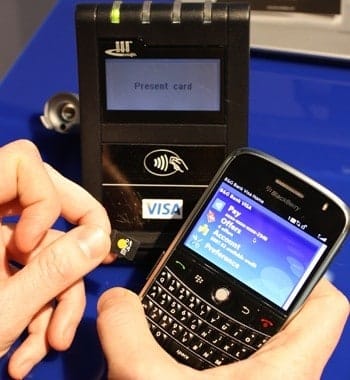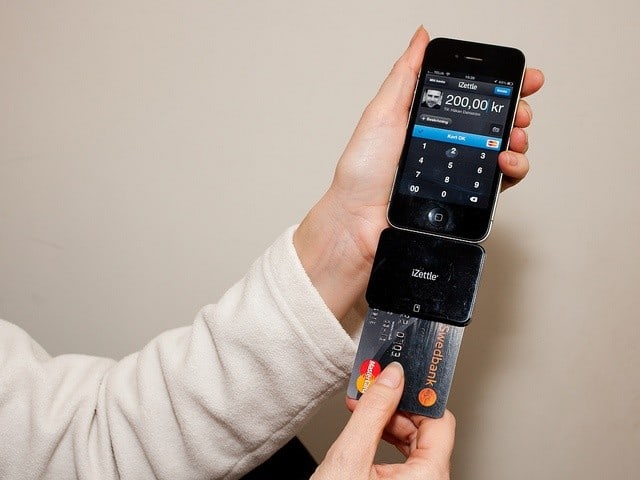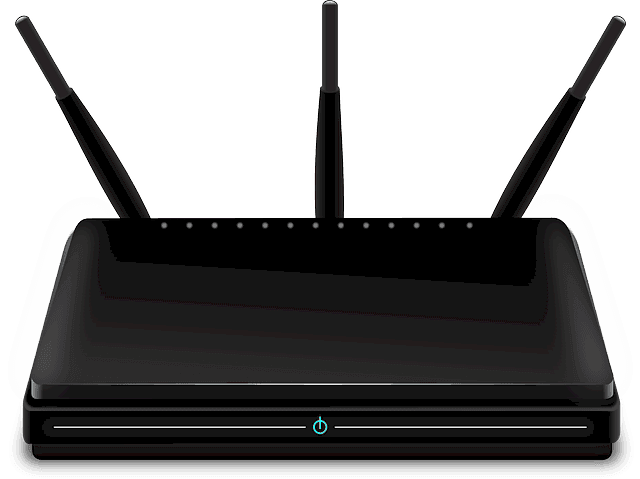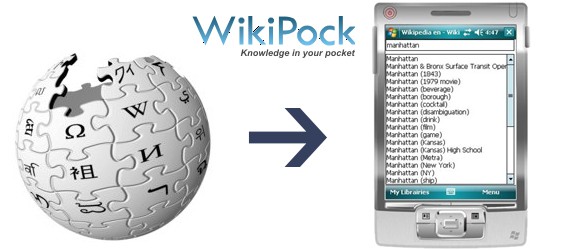Gone are the days of the simple and venerable cash register. And also, these days, the local computerized POS system is pretty much obsolete as well but not true for the Best POS System. In today’s interconnected world the solution has to also be interconnected. Let’s examine the latest trends in the evolution of these important systems.
These days, providers cut deals directly with merchants most of the time, and supply the software and sometimes even part or all of the hardware. A good example of this would be providers for mobile POS, which will give you the app, and often the “square” which is a credit card reader (usually swipe only unfortunately) that plugs directly into your phone’s USB jack.
More stationary businesses will often go for something more robust, like a tablet-based system. This usually offers more features and allows you to accept cards with chip or tap technology, which consumers tend to favor over swipe. Both mobile and tablet based systems will generally offer some kind of inventory control software as well, which is usually a blessing. Tablet based systems also offer such useful things as barcode readers, etc.

Terminal-based systems are the most serious level of POS. This can get to the point where, for example, a large restaurant has a central terminal at the main counter, and this terminal is connected to printers in the kitchen that automatically print food orders out, tablets at the individual tables where customers can order and communicate with staff, etc. Many of these systems have automatic cloud backups integrated, as well as online ordering, ecommerce software, integration with social media, etc. It’s not hard to see the enormous advantages of a well-implemented system like this.
Some POS systems actually exist on clouds, and are interfaced with via the web or appropriate apps. These are very comprehensive systems that might not be as sophisticated or bulletproof as a dedicated terminal-based system, but will be much cheaper and more flexible. This is the fastest-growing category of systems, probably precisely due to its cost and flexibility.
Of course there are also specialized POS’s by type of business. The most common types of these would be the restaurant POS and the pharmacy POS, among various others. These two industries have grown to depend the most heavily on POS, for obvious reasons. Restaurants need all the help they can to reduce the chaos and track inventory (it’s very easy for a restaurant’s profits to leave via the back door), and pharmacies benefit from being able to track patients and medications to make sure prescriptions are renewed in a timely manner, and contra-indications among medications don’t occur accidentally.






